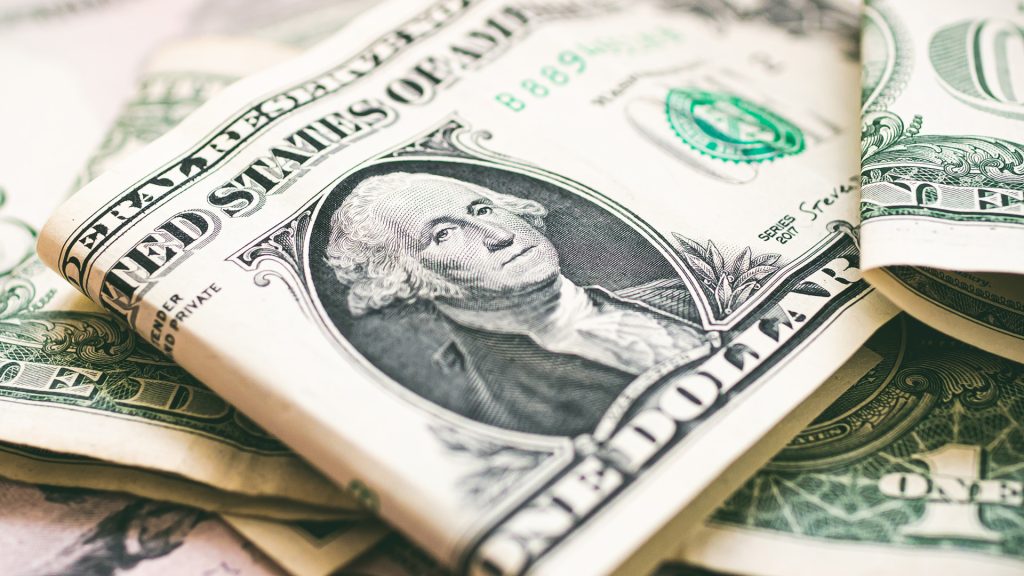The U.S. dollar slipped lower in early European trade Thursday, hovering near a two-week low ahead of the release of key U.S. inflation data.
At 03:15 ET (07:15 GMT), the Dollar Index, which tracks the greenback against a basket of six other currencies, traded 0.2% lower at 105.377, just above the day’s low, the weakest level in two weeks.
Higher bond yields to replace rate hike?
The minutes from the Fed’s last meeting, released on Wednesday, indicated that most of the central bank’s policymakers agreed that one more rate hike would be “appropriate” as inflation continues to trend well above target.
That said, the minutes also pointed to uncertainties around the economy as supporting “the case for proceeding carefully in determining the extent of additional policy firming that may be appropriate.”
The weeks following the September meeting have seen a sharp rise in Treasury yields, and this has been cited by a number of Fed officials as a factor that may allow them to end the rate hike cycle, to the detriment of the U.S. currency.
“U.S. yields continued to correct lower on expectations the Fed will let markets do the tightening and refrain from hiking again,” said analysts at ING, in a note. “We suspect, however, that further bond rallies might put a hike back on the table, and limit USD losses.”
U.S. CPI due later in session
Losses have been limited Thursday after September’s U.S. producer inflation figures came in much stronger than expected, creating a degree of tension ahead of the consumer price reading later in the session.
Analysts expect the headline number to rise 3.6% from last year and 0.3% for the month, while core CPI, which excludes food and fuel prices, is expected to rise 4.1% from last year and 0.3% from August.
“The argument for a long-lasting dollar decline from these levels is not very compelling unless the drop in rates is endorsed by slower-than-expected inflation. We still think it will take a turn in the U,S, data flow to drive the dollar substantially – and sustainably – lower,” ING added.
U.K. economy grew in August
GBP/USD rose 0.1% to 1.2323 after the U.K. economy grew 0.2% in August, according to data released earlier Thursday, partially recovering after a sharp 0.6% drop in July.
This growth reduces the possibility of a recession starting as early as the July-September period, with the ONS stating that the economy would need to grow by 0.2% in September to avoid a contraction in the third quarter.
Euro climbs to two-week high
EUR/USD rose 0.2% to 1.0634, with the euro continuing to rise after touching an over two-week high on Wednesday.
“Our short-term fair value model suggests that we could see the upward correction in EUR/USD extend to 1.0700, but we think that may be the top of the range unless US CPI surprises on the soft side,” ING said.
Elsewhere, AUD/USD rose 0.1% to 0.6419, NZD/USD fell 0.2% to 0.6006 and USD/CNY edged lower to 7.2977.



